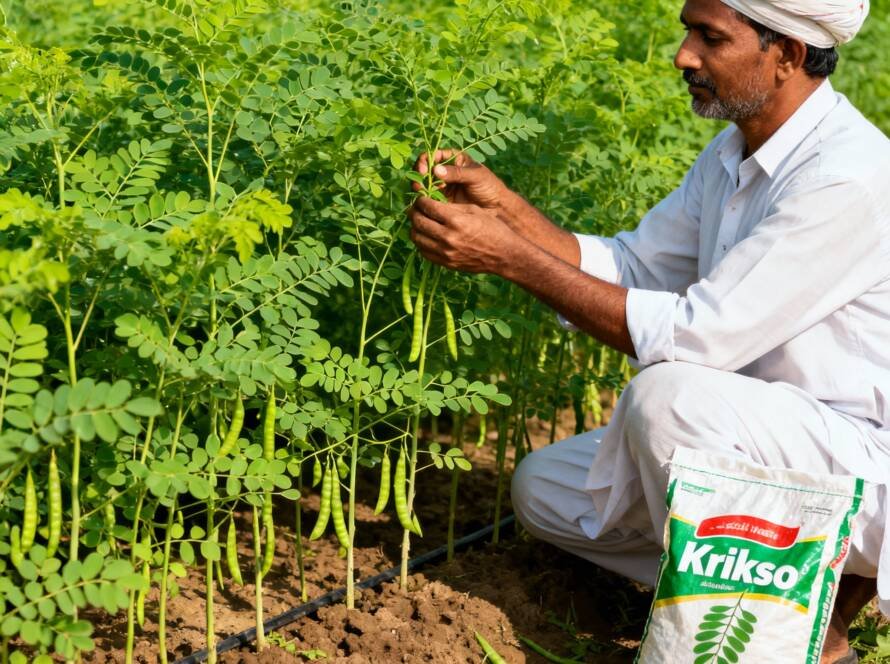Crop diseases and infections pose a major challenge for farmers, impacting both yield and profitability. Integrated Crop Disease Management (ICDM) is a holistic approach that combines cultural, biological, and chemical methods to prevent and control crop diseases sustainably. By adopting ICDM, farmers can maximize production, reduce input costs, and maintain environmental balance.
1. What is Integrated Crop Disease Management (ICDM)?
ICDM is a comprehensive approach to controlling crop diseases, combining multiple strategies rather than relying solely on chemical pesticides. It includes:
- Cultural Practices – Crop rotation, proper spacing, irrigation management, and sanitation.
- Biological Methods – Using beneficial microorganisms like Trichoderma, Bacillus subtilis, and bio-pesticides to naturally control pathogens.
- Chemical Control – Targeted use of fungicides, bactericides, or nematicides only when necessary.
- Resistant Varieties – Planting crops resistant to specific pathogens to reduce vulnerability.
The goal is to maintain crop health, reduce environmental impact, and ensure sustainable farm productivity.
2. Key ICDM Practices for Farmers
- Field Sanitation and Hygiene
- Remove diseased plants and debris promptly.
- Disinfect tools and equipment to prevent disease spread.
- Crop Rotation and Polyculture
- Alternate crops to break the life cycle of soil-borne pathogens.
- Intercrop compatible species to reduce pest and disease pressure.
- Soil Health Management
- Conduct regular soil tests to monitor nutrients and pathogen levels.
- Use organic compost, bio-fertilizers, and micronutrients to strengthen plant immunity.
- Water Management
- Avoid waterlogging and stagnant water which promote fungal and bacterial growth.
- Drip and sprinkler irrigation improve efficiency and reduce pathogen spread.
- Biological Control Agents
- Introduce beneficial organisms such as Trichoderma for fungal control and Bacillus for bacterial diseases.
- Timely Monitoring and Early Detection
- Regular field scouting helps detect diseases in early stages, reducing losses.
- Digital monitoring tools and farm apps can assist in real-time detection.
- Targeted Chemical Use
- Apply fungicides, bactericides, or nematicides only when necessary, following recommended doses.
- Reduces environmental impact and prevents pesticide resistance.
3. Benefits of ICDM
- Sustainable Farming – Minimizes chemical use and promotes ecological balance.
- Higher Yields and Better Quality – Healthy crops produce more and fetch higher market prices.
- Cost Efficiency – Reduces unnecessary expenditure on pesticides and fertilizers.
- Resilience to Climate Variability – Healthy plants can better withstand stress and extreme weather.
- Market Readiness – ICDM ensures produce is free from major diseases, increasing consumer trust.
4. How Krikso India Supports ICDM
- Bio-Fertilizers and Bio-Pesticides – Eco-friendly solutions to manage fungal, bacterial, viral, and nematode threats.
- Resistant Seeds and Varieties – Reduce disease vulnerability from the start.
- Soil and Plant Health Kits – Helps farmers monitor soil nutrients and early disease indicators.
- Expert Advisory Services – Guidance on ICDM practices, monitoring, and implementation for each crop.
- Market Support – Ensures farmers can sell high-quality produce with maximum profit.



